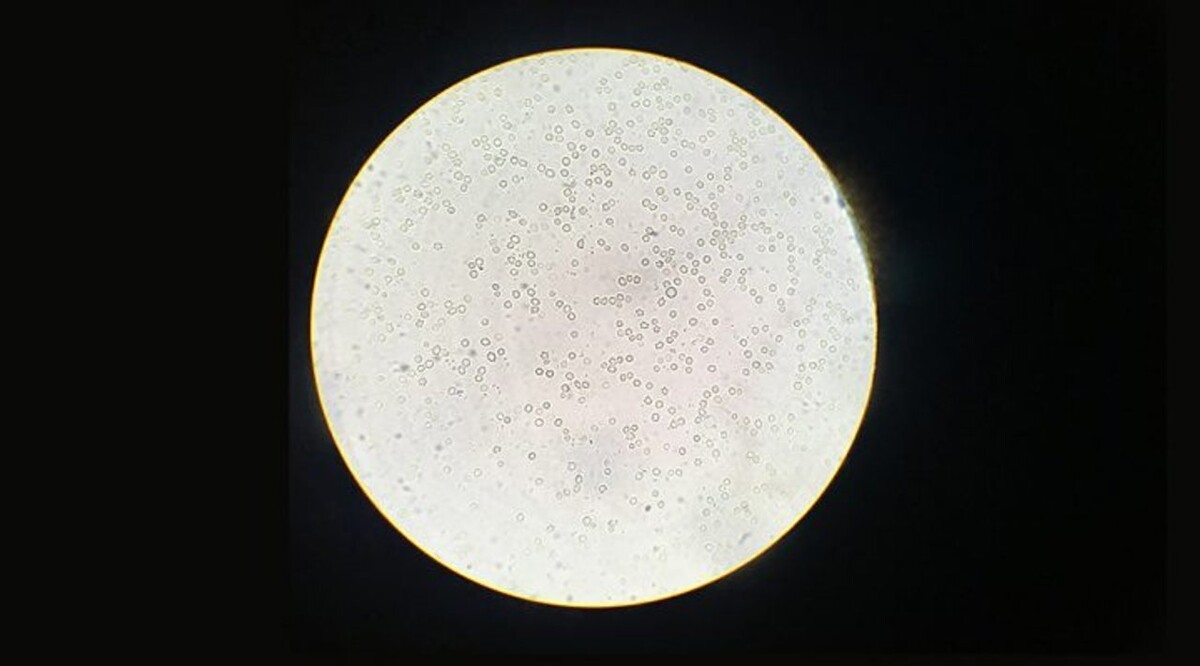
Experts from the National Council of Scientific and Technical Research (CONICET) at the Institute of Clinical and Experimental Immunology of Rosario (IDICER) led by Ana Rosa Pérez, and the Immunological Technology Laboratory of the National University of Litoral (UNL) in charge of Iván Marcipar are working on the design of a nasal vaccine to prevent Chagas disease.
So far, the vaccines are in the preclinical stage of research, which involves in vivo or in vitro studies to determine their immunogenicity and efficacy, with no tests on humans yet. Pérez pointed out that current medications are effective mainly in the acute phase of the disease, while the vaccine is preventive and is not designed for those already suffering from the disease.
Chagas disease goes through acute and chronic phases, with chronic Chagas myocarditis (MCC) being the main manifestation in Argentina. MCC can cause serious functional disturbances, such as heart failure or sudden death, significantly deteriorating the quality of life of patients.
The experimental vaccine could be more acceptable to the population when administered nasally, which would potentially facilitate its application compared to other forms of administration. The disease can cause various complications such as megaviscera, abnormal enlargement of the colon and esophagus, as well as neurological disturbances in less frequent cases.
Current treatments have limitations, and the vaccine could offer an important alternative in the prevention of the disease. It is crucial to have funding to advance to the next stages of research and, if proven effective in humans, be able to bring it to market. Chagas disease often manifests between fifteen and thirty years after infection, which often occurs in childhood.
In summary, the development of a nasal vaccine to prevent Chagas disease represents a significant advance in the fight against this parasitic affliction that affects a large number of people, mainly in Latin America, and can have serious health consequences for those who suffer from it.













